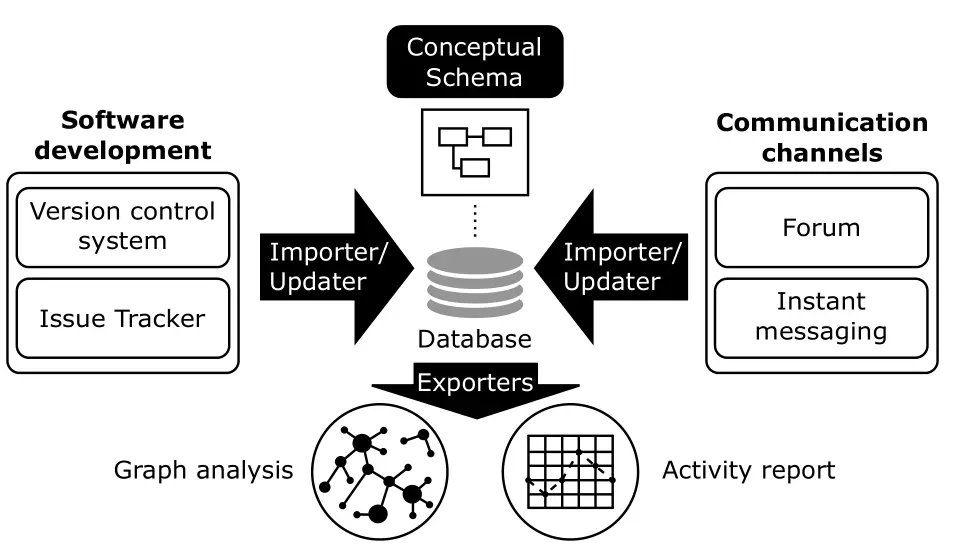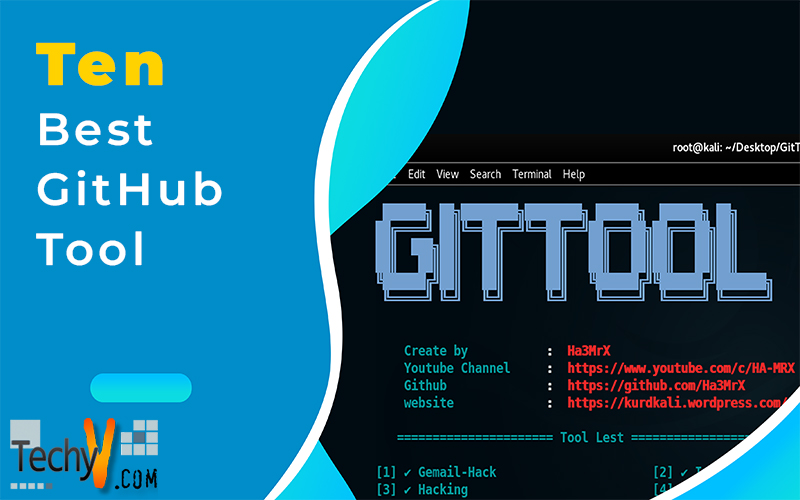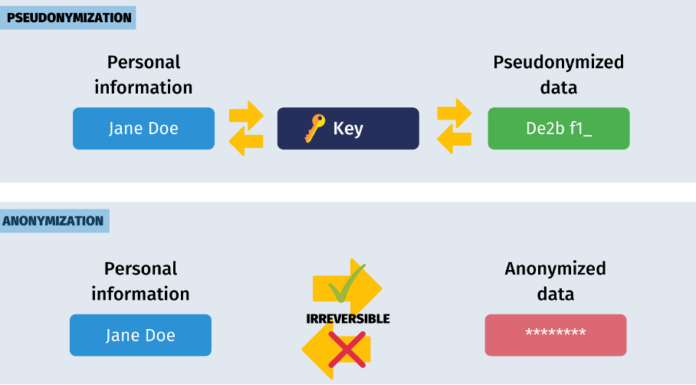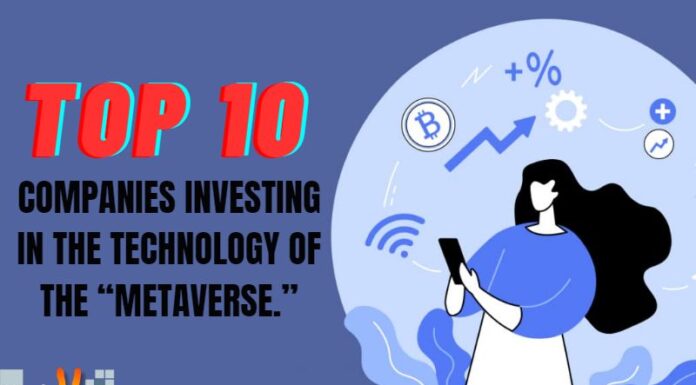All important decisions should be data-driven. This also applies to all decisions affecting software projects. No conclusions should be drawn about the state of the project or the actions that should be taken to improve it without carefully examining the data describing the development of the project. For the most part, this means getting meaningful data from Git repositories and code hosting platforms (such as GitHub) where your projects reside. And here the problems begin. It’s very difficult to get data easily from Git/GitHub. Here are ten tools we found helpful.
1. Bettercap
Bettercap is a powerful, easily extensible, and portable framework written in Go that provides security researchers, red teams, and reverse engineers with an easy-to-use, all-in-one solution for performance investigations and intended to provide. WiFi networks, Bluetooth Low Energy devices, wireless HID devices, and IPv4/IPv6 networks.
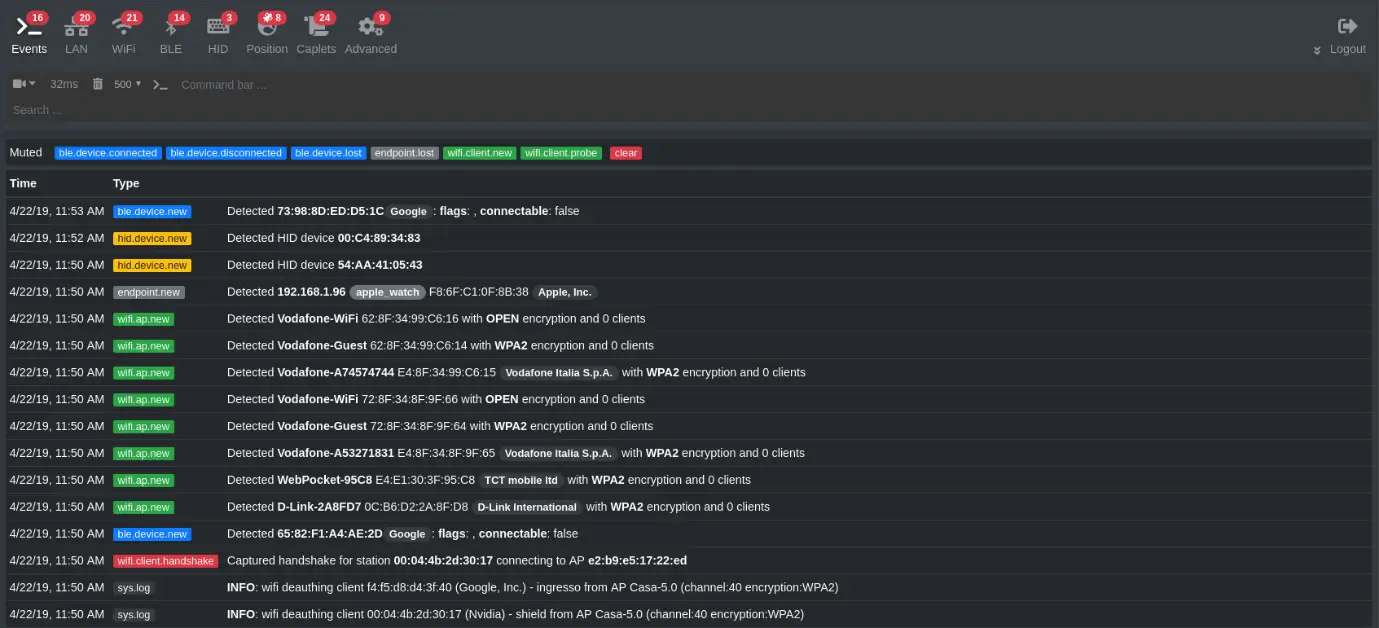
2. Microsoft GHCrawler
GHCrawler is a robust GitHub API crawler that traverses queues of GitHub entities that fetch and store content transitively. GHCrawler is especially useful if you want to keep track of a large number of repositories. Note that the old rate limits still apply, but GHCrawler uses token pooling and rotation to optimize API token usage.
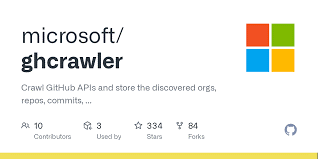
3. Metasploit
A collaboration between the open source community and Rapid7, Metasploit does more than help security teams scan for vulnerabilities, manage security assessments, and raise security Give your Defender the power and equipment to stay a step (or two) ahead of the game.
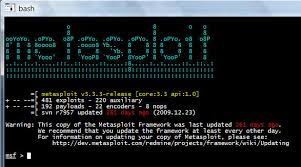
4. GitHub API
The most obvious choice. GitHub itself provides a public API to query any project. Unfortunately, the number of requests per hour is limited, so if you want to analyze a large project (or if you want to do global analysis for many projects), using the API is not a good not. But if you want to create some sort of dashboard focused on a single project or contributor, this is fine. The good news is that you can also sign up to be notified when certain events occur in your project.
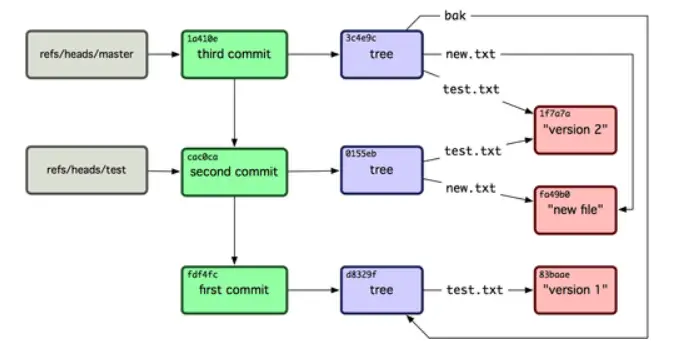
5. Glo Board
Boards are synced to GitHub issues in real-time. It supports transcripts, attachments, and mentions. You can also add checklists and to-dos to Like GitKraken, Glo Boards supports themes and defaults to an attractive dark theme. You can also view your project as a Kanban board or as a calendar showing expense due dates. Glo Boards are free for non-commercial use.
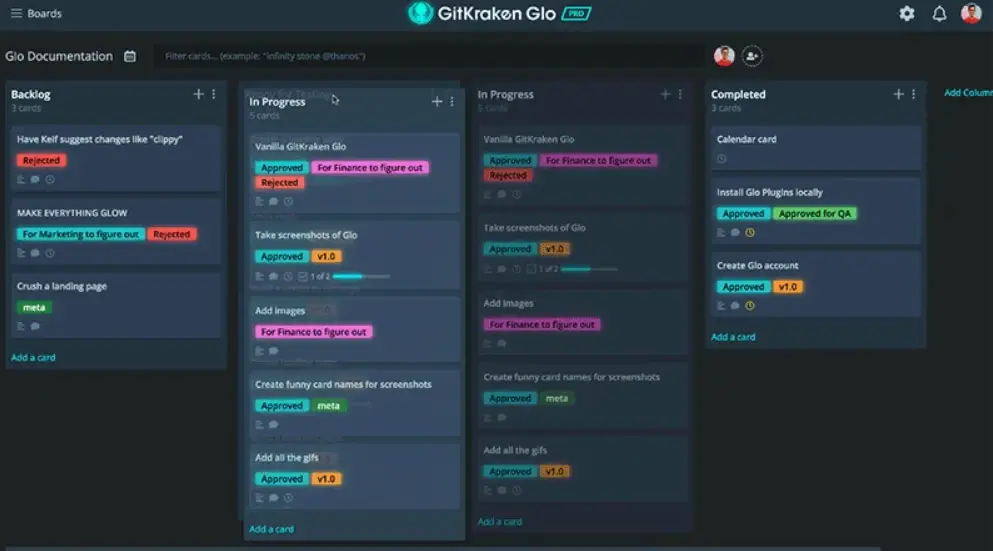
6. GH Torrent
GHTorrent monitors the timeline of public events on Github. For each event, get its complete contents and Then save the JSON response to a MongoDB database and extract its structure to a MySQL database at the same time. GH Torrent strives to present event data in a slightly more structured way so that you can easily retrieve all information related to an event.
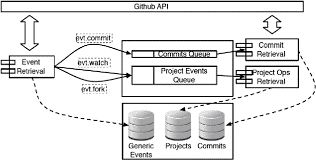
7. Degree
Codetree syncs with GitHub and adds functionality to issues and pull requests. Manage your projects using a Kanban board configured with custom Code tree is also a full-featured project management tool with the ability to group items into epics, track priorities, and track dependencies. You can also work with issues from multiple repositories in one view.

8. Kibble
Apache Kibble is a set of tools for collecting, aggregating, and visualizing software project activities. Following a similar architecture to Gitana (and a few other tools on the list), a central kibble server and a set of specialized ones to work with specific kinds of resources (git repositories, mailing lists, JIRA instances). scanner ), send the compiled data object to the Kibble server.
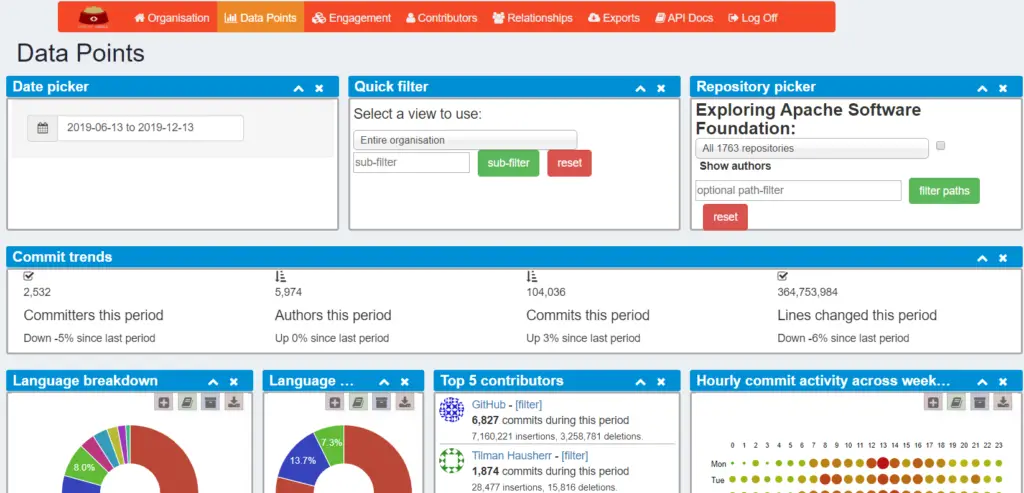
9. GitHub Copilot
This tool is a must for every developer in your organization. It’s an easy-to-use AI-based extension that you can install in your IDE to help you write better code GitHub Copilot utilizes the OpenAI Codex, a new AI system developed by OpenAI. This will be his second eye when writing code. GitHub Copilot works directly with the GitHub CLI. It draws context from your code and comments, instantly suggesting individual lines or entire functions.
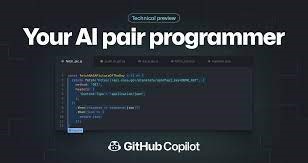
10. Gitana
Gitana was our own attempt to solve the problem of creating a user-friendly and generic solution for software data Gitana allows you to import Git repositories and their associated GitHub data into a relational database and use SQL queries to retrieve the data you need. I’ve also created importers from instant messaging and forums to get a complete picture of the project status.
